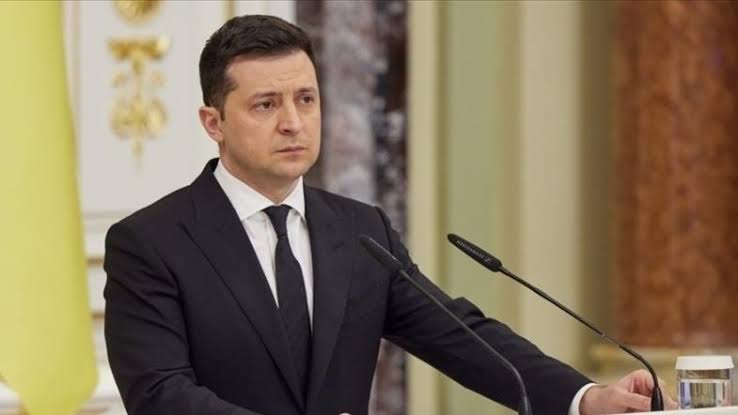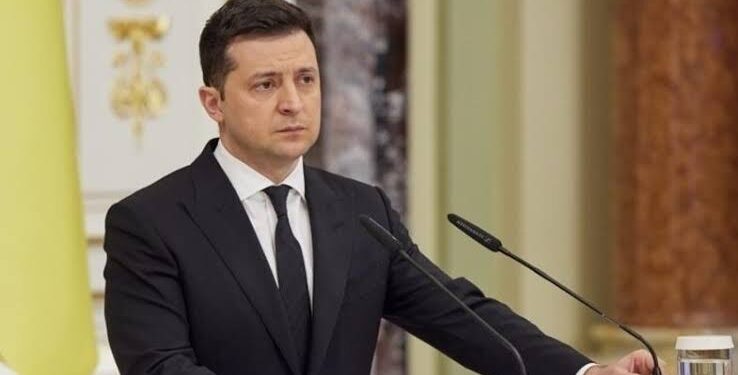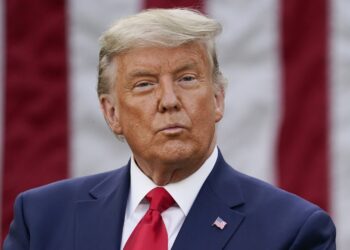President Volodymyr Zelenskiy plans to present his “victory plan” to the United States this week as he travels to New York for the UN General Assembly (UNGA). The Ukrainian leader aims to influence U.S. policy regarding the ongoing war with Russia, regardless of the outcome of the November elections. In an effort to secure support from the U.S., Zelenskiy will meet with President Joe Biden, as well as potential successors Kamala Harris and Donald Trump.
Importance of the “Victory Plan”
In a statement on Friday, Zelenskiy emphasized that the plan, backed by Western allies, is designed to have a significant impact on Moscow, including a psychological effect that could pressure Russian President Vladimir Putin to pursue a diplomatic resolution.
“The Victory Plan envisages quick and concrete steps by our strategic partners from now until the end of December,” Zelenskiy told reporters. He also noted that the plan would serve as a “bridge” to a second Ukraine-led peace summit, which Kyiv hopes to host and invite Russia to later this year.
Zelenskiy aims for a complete resolution to the conflict, stating, “There is no alternative to peace; no freezing of the war or other manipulations that would simply postpone Russian aggression to another stage.” However, significant irreconcilable differences and expanding military objectives remain between the two sides. Zelenskiy desires Ukraine’s accession to NATO and the European Union, as well as the complete withdrawal of Russian forces from Ukrainian territory. He believes these goals can be achieved diplomatically, while Putin insists that peace talks can only commence if Kyiv relinquishes control of parts of eastern and southern Ukraine and abandons its NATO aspirations.

Political Context and Implications
Zelenskiy’s visit occurs at a critical time for Ukraine. A potential victory for Trump in the November 5 presidential election could result in a significant shift in Washington’s policy toward Ukraine, which heavily relies on U.S. military and financial support. During a recent debate, Trump declined to confirm whether he supports Ukraine’s efforts to defeat Russia, stating he would aim to end the conflict before taking office if elected. In contrast, Harris criticized Trump for allegedly advocating for Kyiv’s rapid capitulation.
As the election approaches, Kyiv has demonstrated military strength, including a high-risk incursion into Russia’s Kursk region on August 6, the introduction of new weapons like a “drone missile,” and significant drone strikes. One notable attack caused a massive explosion at an ammunition depot in Russia’s Tver region last Wednesday. In response, Russia has escalated its drone and missile assaults, reportedly received Iranian ballistic missiles, expanded its military, adjusted its nuclear doctrine, and intensified its offensive in the east.

















